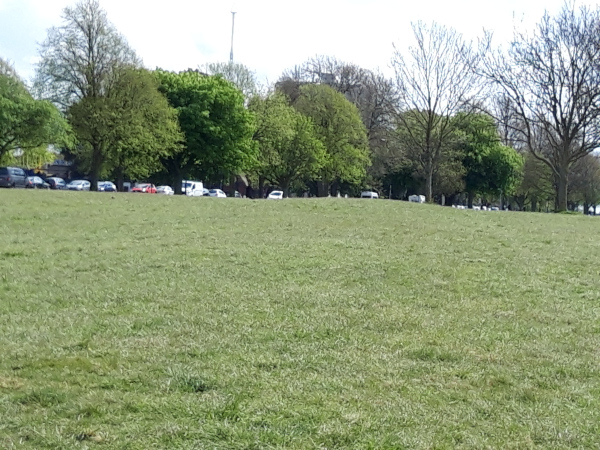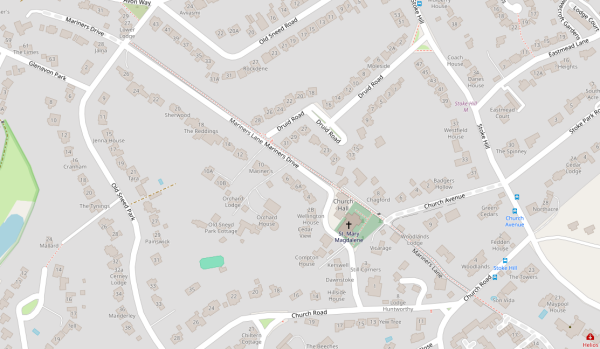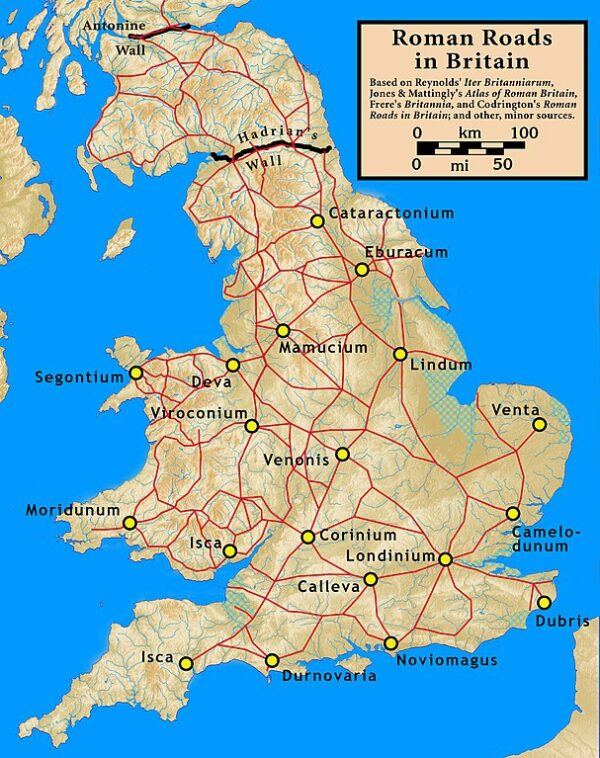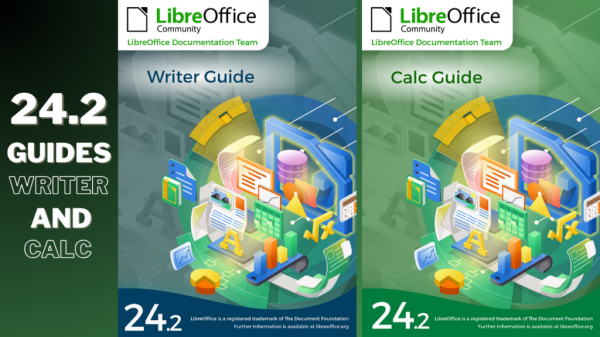Schleswig-Holstein moves towards digital sovereignty
The region of Schleswig-Holstein on the Jutland Peninsula is no stranger where matters of sovereignty are concerned.
In the nineteenth century there was the Schleswig-Holstein Question, was a complex set of diplomatic and other issues arising in the 19th century from the relations of two duchies, Schleswig (Sønderjylland/Slesvig) and Holstein (Holsten), to the Danish Crown, to the German Confederation, and to each other.
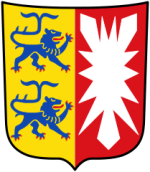 In the twenty-first century digital sovereignty has become a matter of political importance to the north German federal state of Schleswig-Holstein.
In the twenty-first century digital sovereignty has become a matter of political importance to the north German federal state of Schleswig-Holstein.
The blog of The Document Foundation reports today that, following a successful pilot project, the state has decided to move from Microsoft Windows and Microsoft Office to Linux and LibreOffice (and other free and open source software) on the 30,000 PCs used by the state government.
According to a statement by the Premier of Schleswig-Holstein, the components of its digitally sovereign workplaces are being based on a total of six project pillars:
- Switching from Microsoft Office to LibreOffice;
- Switching the operating system from Microsoft Windows to Linux;
- Collaboration within the state government and with third parties: use of the open source products Nextcloud, Open Xchange/Thunderbird in conjunction with the Univention AD connector to replace Microsoft Sharepoint and Microsoft Exchange/Outlook;
- Design of an open source-based directory service to replace Microsoft Active Directory;
- Appraising specialist procedures with regard to compatibility and interoperability with LibreOffice and Linux; and
- Development of an open source-based solution to replace Telekom-Flexport.
The decision to switch office suites follows on from the finding by the European Data Protection Supervisor (EDPS) that the European Commission’s use of Microsoft 365 breaches European data protection law.
According to Schleswig-Holstein’s Digitalisation Minister Dirk Schrödter, digital sovereignty is an integral part of the state government’s digital strategy and work programme. “This cannot be achieved with the current standard IT workstation products. We take digital sovereignty seriously and are moving forward: the decision to change office software is a milestone, but only the beginning of the change: the change to free software for the operating system, the collaboration platform, the directory service, specialist procedures and telephony will follow.”



 Backbench Tory MP Robert
Backbench Tory MP Robert 

 In recent days, pastry products purveyor Greggs suffered an IT outage that left shops unable to process certain types of payment,
In recent days, pastry products purveyor Greggs suffered an IT outage that left shops unable to process certain types of payment, 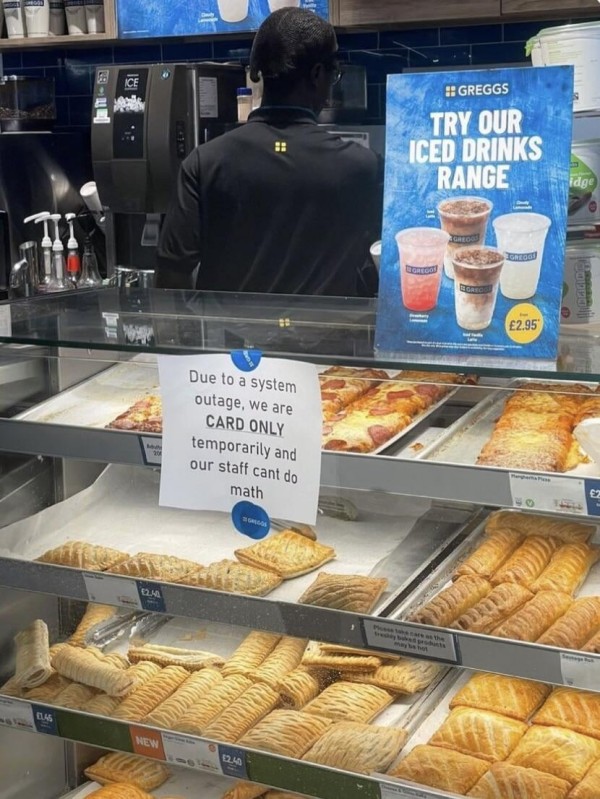
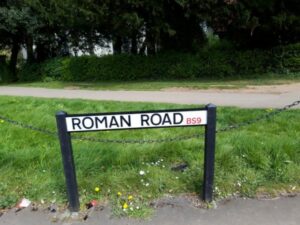 There’s a Roman road that runs across
There’s a Roman road that runs across 